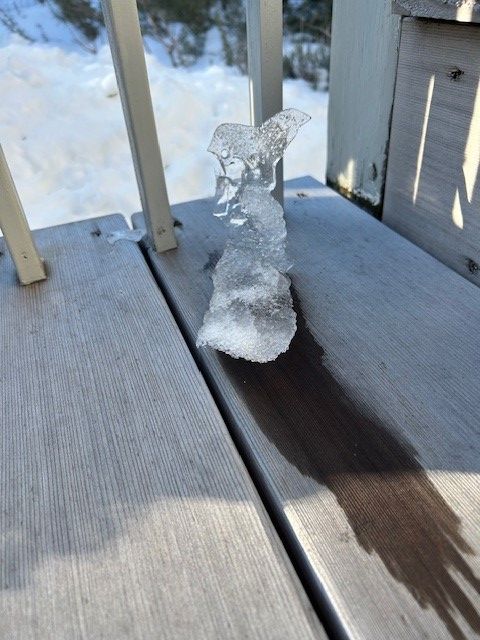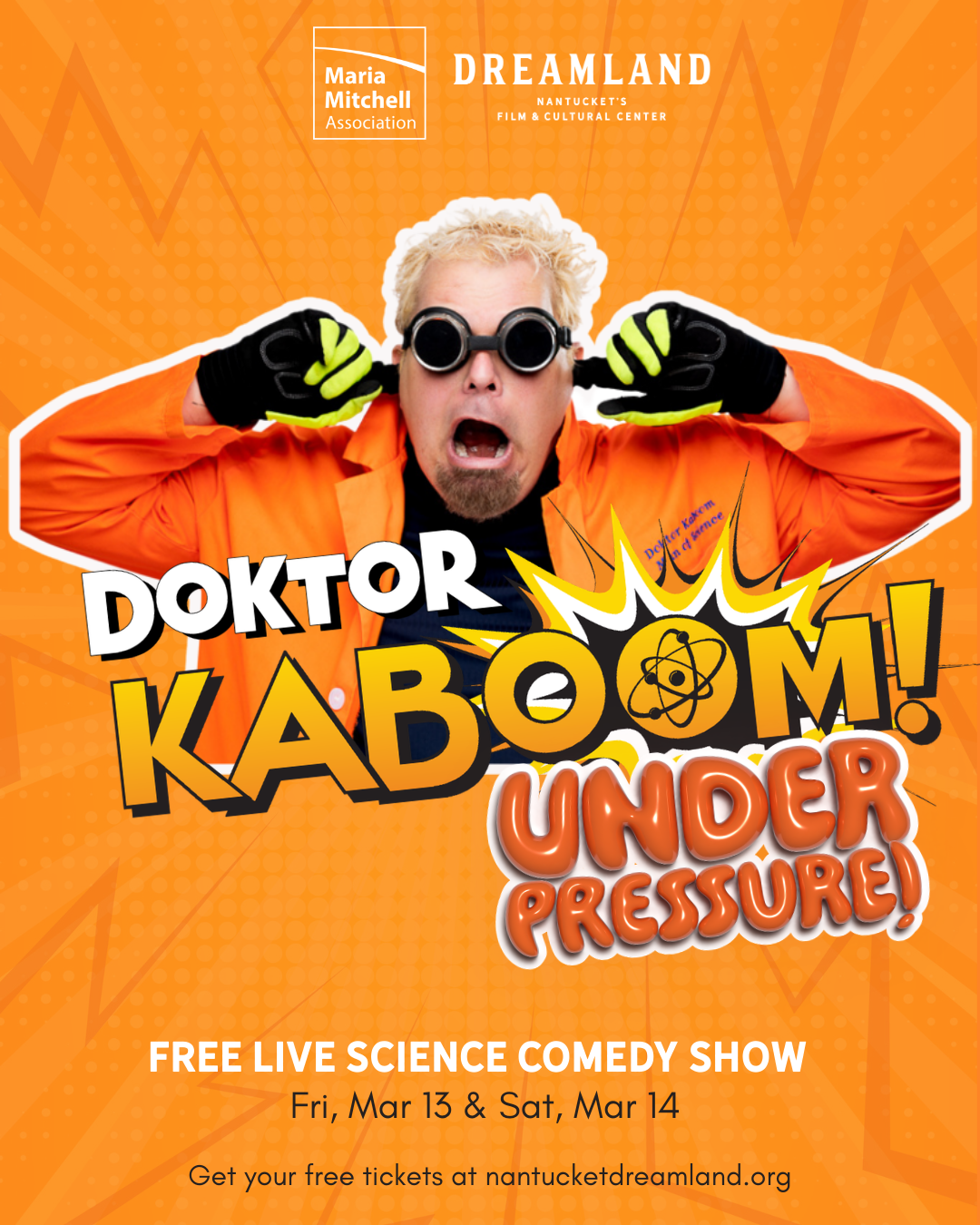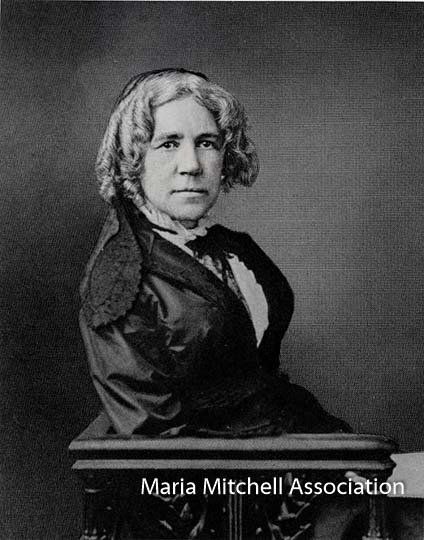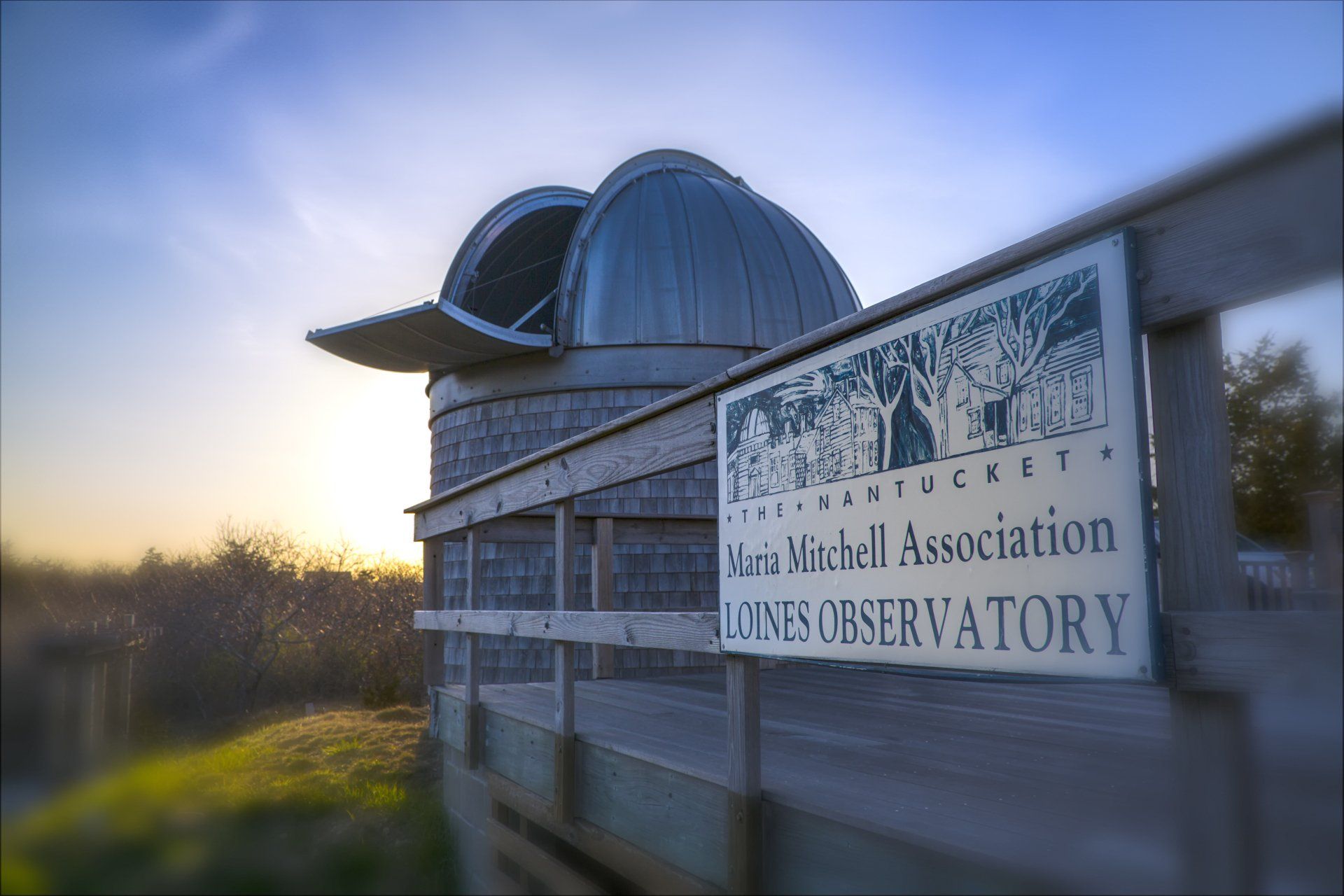Women’s History Month
March is Women’s History Month (though all months should be women’s history month.) The year 2020 also celebrates the centennial of the Nineteenth Amendment – women’s right to vote.
Maria Mitchell was one of the founders of the Association for the Advancement of Women (AAW), was its president (1875), and founded its Science Committee which she chaired for the remainder of her life.
When the fourth Congress of the AAW met in Philadelphia in October 1876, Julia Ward Howe (also a friend of Maria’s) was serving with Maria on the executive committee. Maria presented a paper, “The Need for Women in Science.” In it she stated,
Does anyone suppose that any woman in all the ages has had a fair chance to show what she could do in science? . . . The laws of nature are not discovered by accidents; theories do not come by chance, even to the greatest minds; they are not born of the hurry and worry of daily toil; they are diligently sought, they are patiently waited for, they are received with cautious reserve, they are accepted with reverence and awe. And until able women have given their lives to investigation, it is idle to discuss the question of their capacity for original work.
She is not saying that women cannot be scientists – she is saying they need to be given the opportunities.
Maria was incredibly busy with the AAW – it took up a great deal of her time – and at the next meeting in November of that year some aspects of the meeting were wonderful according to her account –“excellent” papers, “newspapers treated us very well. The institutions opened their doors to us, the Centennial gave us a reception. But – we didn’t have a good time!” It appears there was discord among the women. A few opposed the subject of “Woman Suffrage,” but Lucy Stone was able to present her paper on the subject despite this. And, some women felt that the West was not well represented and was overshadowed by New England, thus women representing the western states protested the nomination and election of Julia Ward Howe as president of the AAW. But she won. Whew! It was not always easy and controversies constantly abounded with many schisms over time within the women’s rights movement.
I often wonder what Maria might think of the place of women today – how far things have come from her time or would she be surprised that there still is inequality? What would she think of the Women’s March?
In honor of Women’s History Month, visit the National Women’s History Alliance, the National Women’s History Museum, the National Collaborative of Women’s History Sites, and the website of the Maria Mitchell Women of Science Symposium which will happen October 1-3, 2020!
JNLF
Recent Posts




